
Canonical shares analytics from Ubuntu Linux desktop user data collection
Linux and user data collection. Some people will decry such a thing, but they would be wrong. As long as the collection is opt-in, it is totally acceptable and in line with Linux ideology. When is it questionable? When users don't have a choice. With Windows 10 telemetry, for instance, users can opt out of sharing some data with Microsoft, but not all. And that's a problem. Even if Microsoft's intentions are pure, and designed solely with improving Windows 10, users should be able to refuse all data sharing at time of installation.
With Ubuntu desktop, Canonical has started collecting installation data, but it is doing it the right way. It shows the user exactly what data could be shared and lets them choose whether or not they want to send it. It is 100 percent optional -- the way it should be. Guess what? According to the company, 67 percent of users decided to do so. That is an impressive metric in itself. By being open and honest, Canonical achieved what I would call a successful conversion rate. Best of all, it gleaned a lot of interesting data, and it is sharing the analytics publicly.

Peppermint 9 Linux distribution now available with Ubuntu 18.04 base -- download it now!
It's officially summer and the weekend is here. For some folks, this means spending time outdoors for the next couple of days. If you are a computer guy or gal, however, you may be sun averse -- spending time inside tinkering with your PC could be more fun than the beach or the pool. If that is you (it's definitely me!), I have a suggestion -- why not try a new Linux distribution this weekend? Hell, there are countless such operating systems from which to choose.
Today, a lesser known Linux-based operating system achieves a milestone. Called "Peppermint," version 9 is now available for download. If you are still holding onto some old hardware, you might want to pay attention. Not only is the OS designed to be light on resources, but Peppermint's developers are still maintaining a 32-bit version of the Ubuntu-based distro.
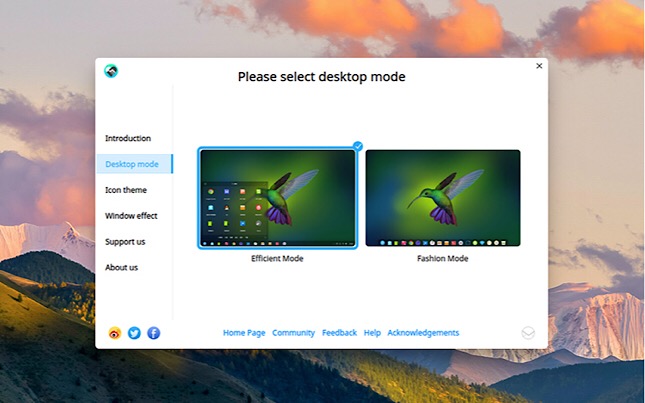
Debian-based deepin Linux 15.6 now available
deepin Linux is controversial because its developers are in China. You see, some people are suspicious of a Linux distribution that comes from that country. If you feel that way, that's your business. But you know what? I am personally sick and tired of such xenophobia these days. Let's not forget, many goods come from China -- including personal computers and associated components. Not to mention, the OS is largely open source.
Controversy aside, deepin is a great operating system for both Linux beginners and experts alike. Not only is it stable thanks to its Debian base, but it has a very polished and focused user experience. Today, version 15.6 becomes available, and it is loaded with improvements.
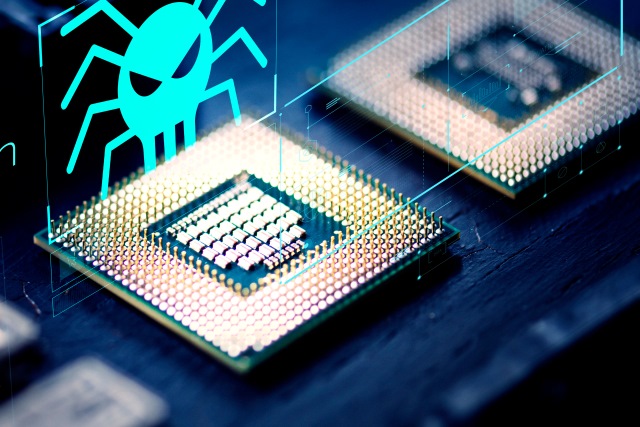
CVE-2018-3665: Floating Point Lazy State Save/Restore vulnerability affects Intel chips
There has been something of a spate of chip vulnerability discoveries recently, and now another one has emerged. Known as Floating Point Lazy State Save/Restore, the security flaw (CVE-2018-3665) is found in Intel Core and Xeon processors and it is another speculative execution vulnerability in a similar vein to Spectre.
The security flaw takes advantage of one of the ways the Linux kernel saves and restores the state of the Floating Point Unit (FPU) when switching tasks -- specifically the Lazy FPU Restore scheme. Malware or malicious users can take advantage of the vulnerability to grab encryption keys. Linux kernel from version 4.9 and upwards, as well as modern versions of Windows and Windows Server are not affected.
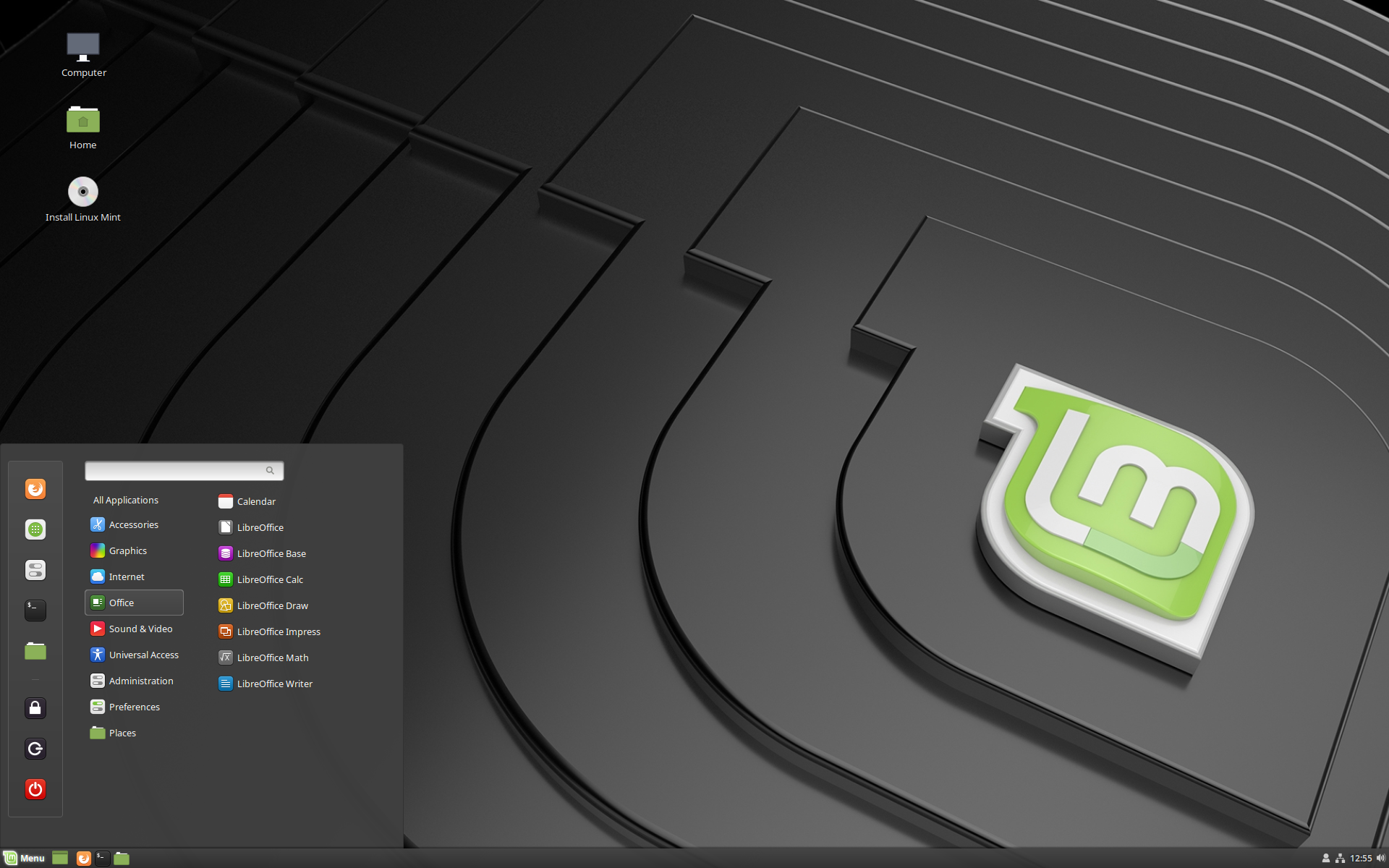
Ubuntu 18.04-based Linux Mint 19 'Tara' Beta is here with Cinnamon, MATE, and Xfce
Ah, Linux Mint. This operating system has its detractors, but for the most part, it is beloved by both Linux beginners and experts alike. True, most of the praise is due to its excellent Ubuntu base, but the Mint team understands what many other distribution maintainers don't -- the overall experience matters. When you install Mint, you are in for a polished treat -- it is clear that the developers truly care about the end users.
Today, Linux Mint 19 "Tara" Beta finally sees release. Three desktop environments are available -- Cinnamon (3.8), MATE (1.20), and Xfce (4.12). All of these DEs are excellent, but the shining star is Cinnamon. Tara is significant as it is based on the newest Ubuntu 18.04 and will receive updates until the year 2023. The included Linux kernel is version 4.15 and not 4.17 -- understandable, as it was only just released.

Version 4.17 of the Linux kernel is here... and version 5.0 isn't far away
In his weekly message to the Linux community on Sunday, Linus Torvalds announced the release of Linux 4.17. The release comes a couple of months after the first release candidate, and in his message Torvalds also talks about version 5.0 of the Linux kernel.
Having previously said that Linux kernel v5.0 "should be meaningless", he said that this next major numerical milestone will come around "in the not too distance future". For now, though, it's version 4.17 -- or Merciless Moray, if you prefer -- that's of interest.

GIMP now hosted by GNOME on GitLab
Just yesterday, we shared that The GNOME Project moved to GitLab. This was a major score for GitLab, but also, an important move for GNOME as well -- it should greatly improve collaboration between its contributors. GNOME is not alone in its move to that Git-repository manager, however, as GIMP (plus the babl and GEGL libraries) also made the transition. Actually, believe it or not, GNOME is hosting GIMP there.
If you aren't familiar with GIMP (GNU Image Manipulation Program), please know that it is an open source image/graphics editor/manipulator. It is very similar to Adobe Photoshop, although GIMP is totally free. In fact, the open source Photoshop alternative is a cross-platform affair, available not just on Linux, but macOS, and Windows too. It is an extremely important program for the open source community -- right up there with LibreOffice.

GNOME transitions to GitLab
GNOME is one of the most important open source projects on the planet. Even if you use an alternative desktop environment, such as KDE or Xfce, you cannot deny that GNOME's contributions have largely shaped the path of Linux on the desktop for the better. Don't forget, GNOME is much more than just a DE -- many of its apps are essential. That's probably why someone (or something) recently pledged to donate $1 million to it -- GNOME's existence and success is a must for the Linux community.
Today, The GNOME Foundation makes a very big announcement -- the project has fully transitioned to GitLab. In other words, yes, the GNOME Project is growing up a bit and becoming better organized. This move to the GitLab Git-repository manager is a breath of fresh air, quite frankly, and should really improve collaboration between GNOME Project contributors.
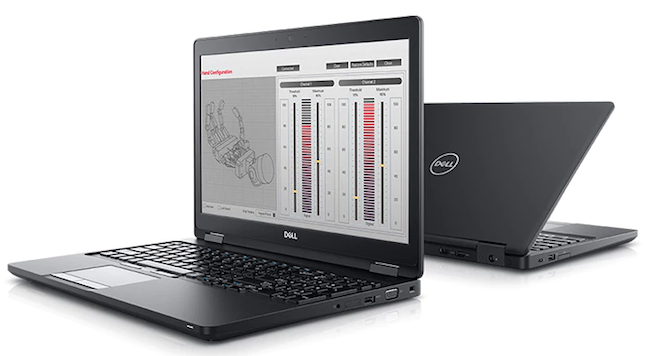
Dell Precision 'Developer Edition' mobile workstations run Ubuntu Linux and are RHEL certified
While Dell is mostly known as a Windows PC manufacturer, the company is also a big proponent of Linux. Its "Developer Edition" models can be configured with Ubuntu, for instance. Of course, despite this branding, non-developers can buy them too. The XPS 13 "Developer Edition" in particular is a svelte machine that should make many home Linux users very happy.
In addition to home users, Dell manufactures solid business-class mobile workstations, and the company recently announced four such Linux-powered models. These Precision "Developer Edition" laptops run Ubuntu and are RHEL certified. One of these notebooks, the Precision 3530, is available today, while the other three will be available soon.

Mystery donor pledges $1 million to The GNOME Foundation
Despite being the default desktop environment for the two most important Linux distributions in the world -- Fedora and Ubuntu -- GNOME is not a money-making project. Actually, it is run by a non-profit called The GNOME Foundation that relies heavily on donations from both organizations and individuals. That's what makes GNOME so extraordinary -- the high quality desktop environment and apps are largely a labor of love.
Today, The GNOME Foundation makes a shocking revelation -- a mystery donor has pledged $1 million dollars! We don't know who is promising the money -- it could be a rich man or woman, but more likely -- and this is pure speculation -- it is probably a company that benefits from GNOME, such as Red Hat or Canonical.
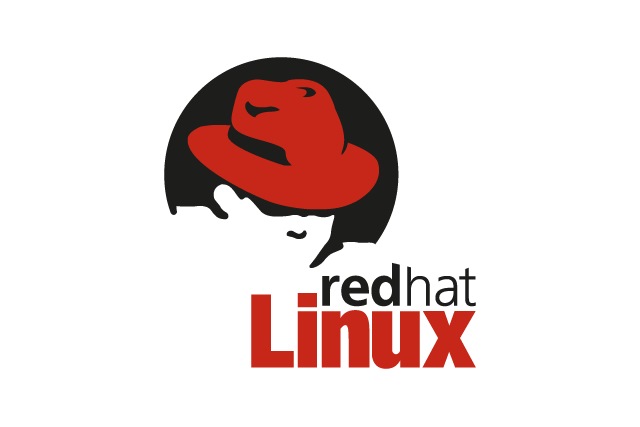
Red Hat responds to Speculative Store Bypass and helps explain Variant 4 chip vulnerability
As news of yet another chip vulnerability creeps out, computer users, businesses and organizations around the world are trying to assess how the latest bug affects them. To help its users and others to understand what the Speculative Store Bypass/Variant 4 vulnerability means, Red Hat has issued advisories and an explanatory video.
The company also reveals exactly which of its Linux builds are affected by the security flaw and what steps can be taken as mitigation. In addition to this, Red Hat has put together a number of resources that help to "provide more context around this vulnerability from an open source technology perspective".

Tennibot is a really cool Ubuntu Linux-powered tennis ball collecting robot
Linux isn't just a hobby -- the kernel largely powers the web, for instance. Not only is Linux on many web servers, but it is also found on the most popular consumer operating system in the world -- Android. Why is this? Well, the open source kernel scales very well, making it ideal for many projects. True, Linux's share of the desktop is still minuscule, but sometimes slow and steady wins the race -- watch out, Windows!
A good example of Linux's scalability is a new robot powered by Linux which was recently featured on the official Ubuntu Blog. Called "Tennibot," the Ubuntu-powered bot seeks out and collects tennis balls. Not only does it offer convenience, but it can save the buyer a lot of money too -- potentially thousands of dollars per year as this calculator shows. So yeah, a not world-changing product, but still very neat nonetheless. In fact, it highlights that Linux isn't just behind boring nerdy stuff, but fun things too.

Fedora-based Linux distro Korora is dead
Fedora is a great Linux distribution, but it is not always a wise choice for beginners. Since the distro focuses on truly free and open source software, it can be hard to get non-free packages, proprietary drivers, fonts, and codecs installed. Fedora 28 makes this easier thanks to an update to the Software app, but it is still not as easy as say, Ubuntu.
That's why Korora is such a cool operating system -- it uses Fedora as a base, but comes pre-installed with useful apps and repositories. True, that sort of deviates from the Fedora ideology, but at least it gives users choice. Sadly for some, Korora development is ending -- at least for the time being -- as the developer no longer has the resources to continue.
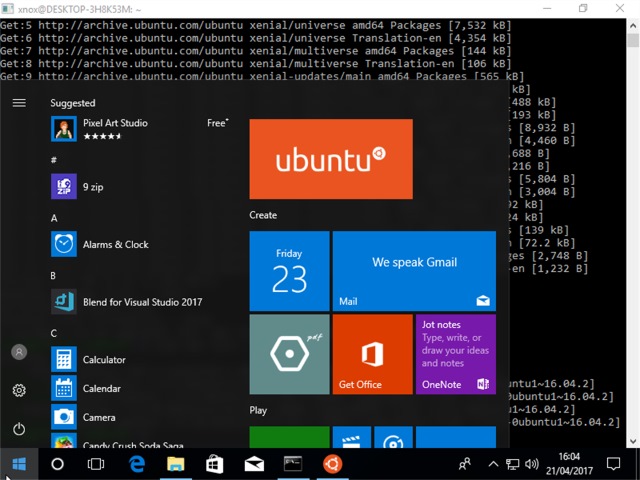
Ubuntu 18.04 LTS hits the Microsoft Store for Windows 10 users
There are now two versions of Ubuntu available to download from the Microsoft Store. Adding to the existing Ubuntu 16.04, Ubuntu 18.04 has also now arrived.
The addition comes just weeks after the official launch of Ubuntu 18.04, and it gives Windows 10 users the option of working with the new LTS (long term support) build of Ubuntu. The older version remains supported for the time being as well.

Canonical finally comments on Ubuntu Linux Snap Store security failure
Over the weekend, we reported on an Ubuntu Snap Store app that had a hidden cryptocurrency miner. This was a disappointing discovery, as users' machines were being hijacked to earn money for the developer.
With that said, it wasn't necessarily malware, as it did not cause harm to the computer, nor did it steal data or install a backdoor. Nevertheless, Canonical pulled the offending app and the developer's other submissions. The apps will eventually be re-listed without the mining code. Today, the company breaks its silence, finally commenting officially on this fiasco.
